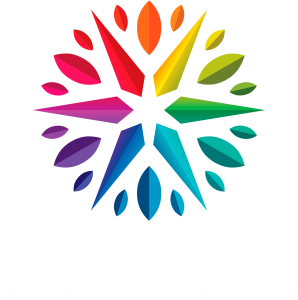‘The optimist waits for the wind to change. The pessimist says it won’t. Meanwhile, the realist sets the sails.’ In this short video, ReGen Founder Rory Spowers suggests that we all fall into one of these three categories – and may often find ourselves shifting from one to another. Maybe our collective future now depends on the speed at which a critical mass of humanity can now shift out of a recursive loop – between being pessimists or optimists – and start being the realists we now need to set the sails towards a regenerative future?
In this 15-min video, Re-Gen Founder Rory Spowers highlights some documentary films and various illuminating books that he has been inspired by over recent years.
In this video, Re-Gen Founder Rory Spowers unpacks some of the key concepts and terms within the global ideological crisis, highlighting the hallmarks of genuine systems change and the qualities that would underpin a truly regenerative culture and society. This video, along with the essay Is the Virus our Vaccine, is intended to provide the important conceptual preparation and groundwork for the unfolding journey ahead – and both can be referred back to any stage in the journey for deeper clarification about some of these important key terms and ideas.
‘Backcasting’ – In this short 4-min video, Re-Gen Founder Rory Spowers introduces and explains the design concept of ‘backcasting’ as a basic roadmap for the principle of ‘systems change’. For a working example of this principle in action, please check http://www.riversimple.com, the UK-based hydrogen fuel cell eco car designed and developed by Rory’s brother Hugo Spowers: ‘to pursue, systematically, the elimination of the environmental impact of personal transport’.


